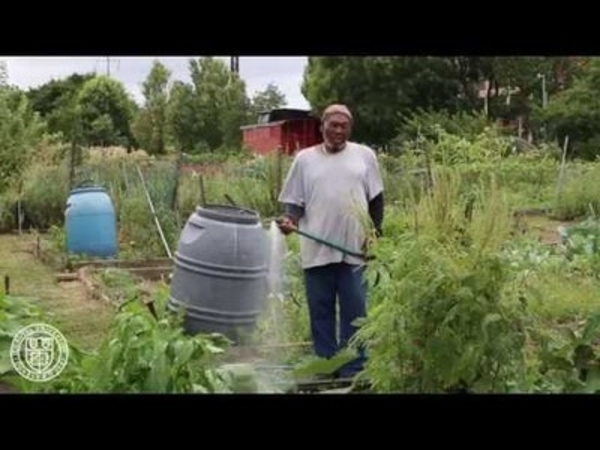Price:
6488 EUR
Contact
Cornell University
Description
The actions of ordinary people are often absent in studies of urban renewal and urban ecology. Around the world, people who are fed up with environmental degradation and the breakdown of their communities come together to transform blighted vacant lots, trashed-out stream corridors, polluted estuaries, and other “broken places.” Civic ecology practices—such as community gardening, wetlands restoration, river cleanups, and tree planting—are a means for people to express resilience and rebuild communities marked by disaster and disinvestment.
Civic ecology draws on psychology, sociology, political science, education, ecology, and social-ecological systems resilience to understand how and why people care for nature and their communities.
Throughout this course, you will:
Explore the people, places, and practices that restore nature and revitalize neighborhoods, making a difference in ways big and small.
Discuss and evaluate contemporary thinking in resilience, social-ecological systems, and the relationship between nature and human/community wellbeing.
Grasp an understanding of how civic ecology enables those with limited resources to defy and cope with daily struggles, including after disaster and war.
Acquire the knowledge and skill set to enact change in your own community.
Participate in a civic ecology service learning project to turn classroom learning into real-life application.
This course is ideal for a learner who is intrigued by both social and environmental concerns, or simply has a desire to dive into an emerging 21st century, cross-disciplinary subject area. You will complete this course with a keener awareness of social-ecological issues and concerns, as well as a greater knowledge of the practical steps required to rebuild and maintain community and nature in a world marked by inequality, conflict, and climate change.
Specific details
Category of Education
Arts and Humanities







 How to resolve AdBlock issue?
How to resolve AdBlock issue? 


Comments (0)